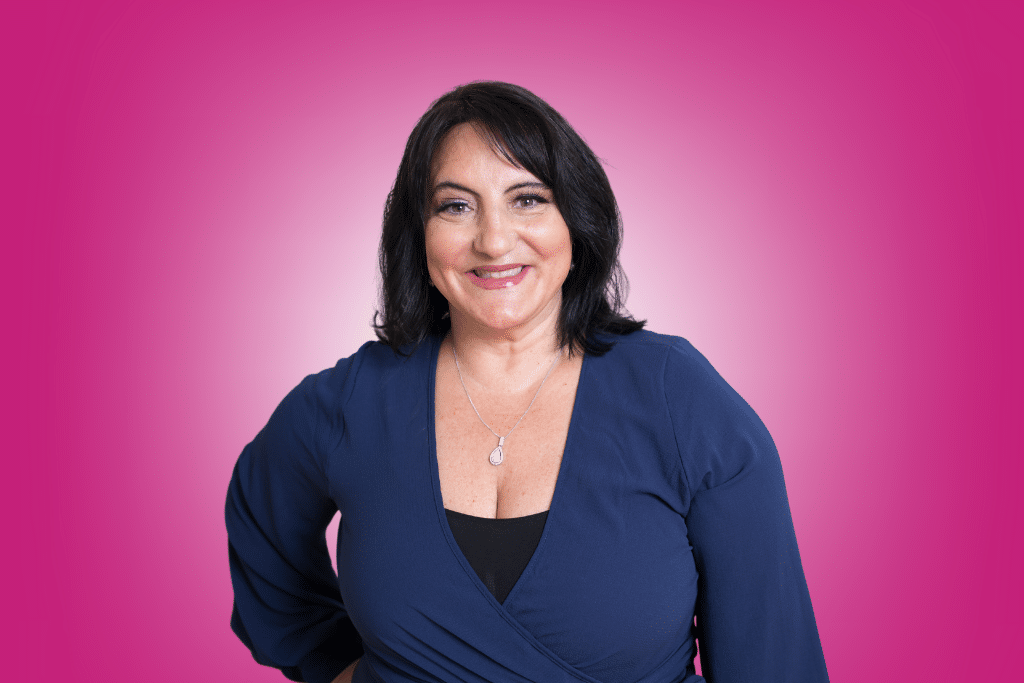Regulating the nervous system is key for keeping your overall well-being and mental balance in check. This interconnected balance is pivotal for navigating the complexities of daily life, allowing individuals to adapt and respond to stressors with greater resilience.
If you’re wondering how to support your child in building essential skills for improved attention, better grades, and enhanced social interactions, this episode is for you as we explore interventions tailored for a dysregulated nervous system.
Regulating dysregulated nervous systems.
Many people frequently reach out to me and even catch a flight to consult with me for the solution they've been missing – the key to calming a dysregulated nervous system. It has to be emphasized that without regulation, nothing sticks.
Witnessing transformative outcomes, I recently conducted three reviews in a single day, representing various stages of treatment. However, take note that it's not a one-size-fits-all journey, involving both behavior management and nervous system regulation. For those seeking assistance, you may connect with us: https://drroseann.com/help/
Neurofeedback and Calm PEMF for dysregulated children.
One of the most effective interventions is neurofeedback which is a powerhouse for regulating the nervous system. This tool reinforces healthy brainwaves and safely alters neurotransmitters.
Another recommendation is Calm PEMF, an FDA-regulated portable device that disrupts cellular communication, induces a parasympathetic state, and addresses inflammation and detoxification – a comprehensive approach for supporting a dysregulated nervous system.
Parent training programs for a dysregulated nervous system.
Parent training programs are a valuable intervention included in our Brain Behavior Reset program. We teach essential behavioral basics, helping parents identify and reinforce desired behaviors. My personal favorite is behavioral therapy which is a direct interaction with the child, guiding kids who may not be aware of effective behavioral management. Additionally, occupational therapy with a licensed therapist is essential, particularly for addressing sensory issues and calming the nervous system through physical activities.
Additionally, introducing mindfulness and relaxation activities into a child's routine can provide significant benefits for those struggling with dysregulation. Starting with short sessions and gradually extending the duration over time is an effective approach to promote nervous system regulation. Experiment with various breathwork techniques, like the seven-eight breathing method, which involves inhaling for seven seconds, holding for eight seconds, and exhaling for eight seconds.
Alternatively, explore practices such as box breathing or engaging in playful bubble exercises, creating a diverse toolkit to cater to the child's unique needs and preferences. These activities not only contribute to calming the nervous system but also empower the child with valuable self-regulation skills for long-term well-being.
Other impactful interventions for dysregulated children.
Positive reinforcement, a highly impactful intervention in fostering positive behavioral changes and promoting a conducive learning environment, involves the acknowledgment of your child’s specific actions or improvements. This approach to reinforcement not only encourages desired behaviors but also serves as a vital tool in training a child's brain to recognize and repeat positive actions.
Implementing positive reinforcement within a consistent and supportive framework helps create a foundation for constructive behavior patterns, contributing to the overall emotional and social development of the child. Moreover, it establishes a positive feedback loop that reinforces the child's self-esteem and motivation to engage in positive actions.
Social skills training is crucial, especially for children struggling with interpreting body language or initiating interactions. This therapy may be a longer-term commitment but significantly enhances social regulation. Additionally, regular physical activity acts as a powerful tool for resetting the nervous system, promoting mindfulness, and improving overall well-being.
Establishing consistent routines is also crucial, and one key intervention for dysregulated kids is teaching emotional regulation skills directly. We have to remember that academic success doesn't always equate to emotional well-being, and these skills must be explicitly taught.
Since regulating the nervous system is a priority, nutritional interventions like dietary modifications are great contributors for regulation. Eating foods high in protein and fats, getting good sleep, and not spending too much time on screens can make a big difference for your health. Doing creative and sensory activities helps balance screen time, adds structure to your day, and gives you coping skills that can last a lifetime. Incorporating the Multi-Mag Brain Formula can also be transformative, especially for impulsive behavior: Magnesium
Make sure to check out my book for a comprehensive understanding of these interventions. Remember, my mantra is “Calm Brain, Happy Family” for a reason – regulating the nervous system is key. Whether it's therapy, tutoring, or other strategies, investing in these efforts without addressing the nervous system's regulation can be ineffective and wasteful.
Stay tuned for more episodes on self regulation!
Related Blogs and Podcasts:
Understanding Self Regulation Skills
Social Skills Emotional Regulation Tips
Co-Regulation And Parenting Sharing Your Calm
11 Emotional Regulation Activities For Children
Episode 151: What is Self Regulation?
Episode 154: Helping Children with Dysregulated Behavior
Episode 70: Sharing Your Calm: How Co-regulation Helps Dysregulated Kids
Links and Resources:
➡️ Join our FREE Natural Parenting Community to receive science-backed resources for your child and family. Join here.
➡️ Get help from Dr. Roseann and her team. Apply here.
➡️ “Is it ADHD or something else?” Take the quiz.








